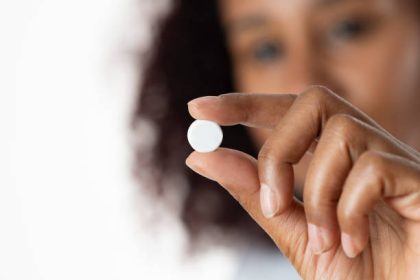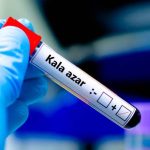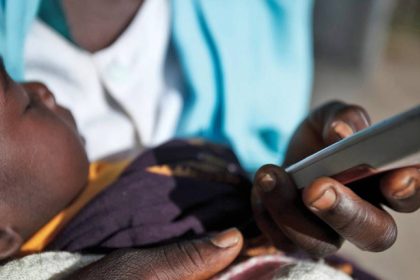Fake weight-loss meds are flooding the market—like Semaglutide (Ozempic). High demand leads to shady sellers pushing counterfeits to make easy money.
Experts are demanding urgent action against the surge in fake and substandard medicines flooding global markets, warning of a public health emergency that reflects massive regulatory failures.
Speaking at the 78th World Health Assembly in Geneva, Switzerland, experts raised alarms over contaminated, expired, and substandard drugs causing deaths and severe illness worldwide.
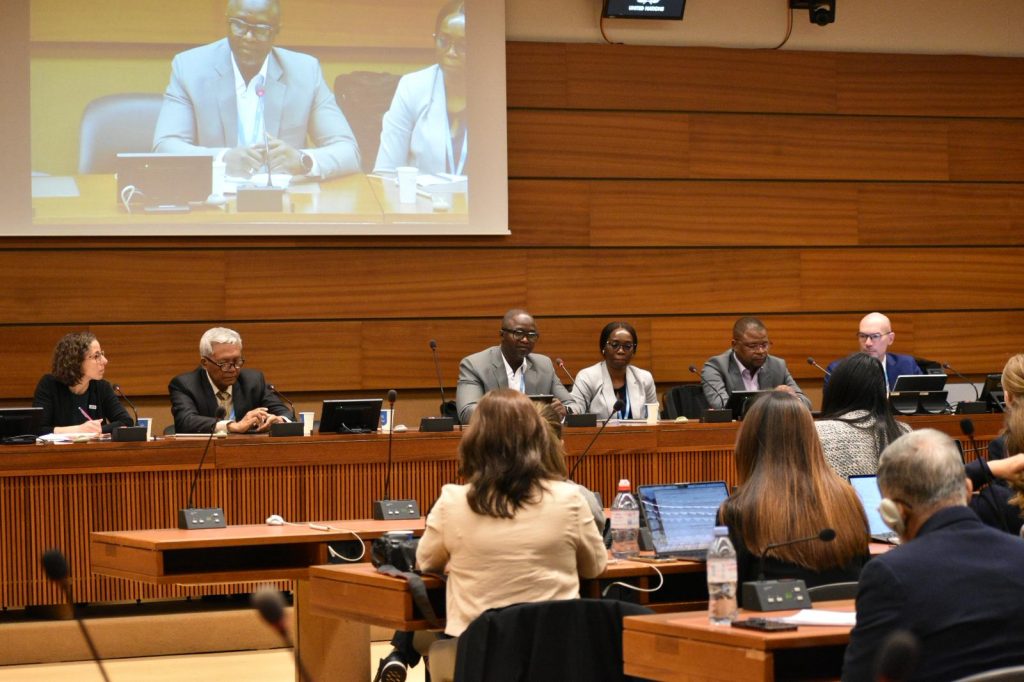
The World Health Organization (WHO) estimates that 1 in 10 medicines in low- to middle-income countries is either substandard or falsified.
“We also estimate that about US$75 to US$200 million is wasted on procuring products that are substandard or falsified,” said Rutendo Kuwana, Lead of the WHO Incidents and Substandard & Falsified Medical Products team.
“The true cost of substandard and falsified medical products is measured in lives lost and weakened health systems,” Kuwana said, pointing to recent emergencies including contaminated cancer therapies and toxic children’s syrups, “some of which have led to deaths of up to 300 children.”
Lives lost, trust broken
Reported incidents of substandard medicines doubled from 2019 to 2023, revealing “systemic vulnerabilities.”
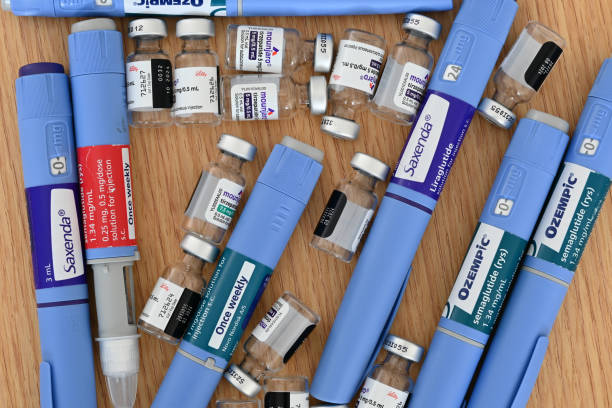
“The true cost of substandard and falsified medical products is measured in lives lost and weakened health systems; and no country is immune to this risk,” he said.
Dr Ketut Putu Yasa, Head of the Indonesian College of Thoracic and Cardiovascular Surgery, called it “a form of systemic violence targeting the most vulnerable.”
Dr Yasa revealed that crucial heart surgery medicines are often out of stock in Indonesia, forcing surgeons to source from black markets.
“The crisis is not just pharmaceutical issues; it is a global public health emergency. These products kill, harm and destroy public trust and affect those in low- and middle-income countries where regulatory systems and supply chains are often more vulnerable.”
The dangerous spectrum of fakes
Dangerous fakes include children’s pain and cough syrups, maternal medicines, bacteria-contaminated injectable drugs, and anti-malarial drugs—two-thirds of which are counterfeit.
Fake Ozempic (Semaglutide) has emerged as another threat. The diabetes drug’s popularity for weight loss has spawned dangerous counterfeits with severe side effects, plus unsterile injection needles.
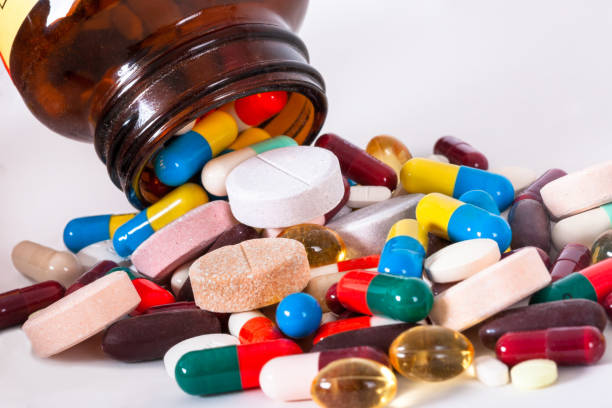
A disturbing new trend involves intentional contamination with nitrazenes—potent synthetic opioids with high addiction potential. Consumers think they’re buying ecstasy for a similar high, but unclear dosages create fatal overdose risks. This corruption happens in both poor and rich countries, with dealers and buyers connecting online.
Kenya isn’t immune. The Pharmacy and Poisons Board recalled 32 medical products last year and 18 in 2023, including antibiotics, paracetamol, antimalarials, and cancer drug Herceptin.
The human cost is devastating. Dr Momodou Nyassi, Gambia’s Health Ministry Director, reported that between July and September 2022, more than 70 children died from acute kidney injury after consuming paracetamol and cough syrups procured from India.
The four deadly syrups—Promethazine Oral Solution, Kofexmalin Baby Cough Syrup, Makoff Baby Cough Syrup and Magrip N Cold Syrup—were manufactured by Maiden Pharmaceuticals and imported to Gambia.
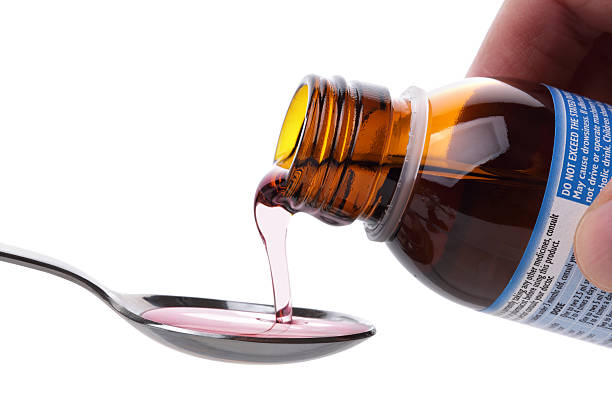
Mariana Widmer, a WHO maternal health scientist, warned that around 40 percent of maternal health medicines in many low- and middle-income countries are substandard. “If we don’t ensure access to quality assured medicines in maternal health, we will never be able to reduce maternal mortality.”
The crisis destroys public confidence in health systems. Dr Nyassi said after 70 children died in Gambia, “the public lost confidence and trust in the Ministry of Health.” Diseases in women and children increased significantly as families became “hesitant to seek medical care, especially taking medications which had earlier claimed lives of children, despite the new batches being tested and cleared for quality.”
“Porous borders allow substandard products to gain easy access across countries,” explained Dr Adebisi Jaiyeoba, Deputy Director of Nigeria’s National Agency for Food and Drug Administration and Control (NAFDAC). Large populations, overdependence on imported medicines, and weak borders worsen the crisis.
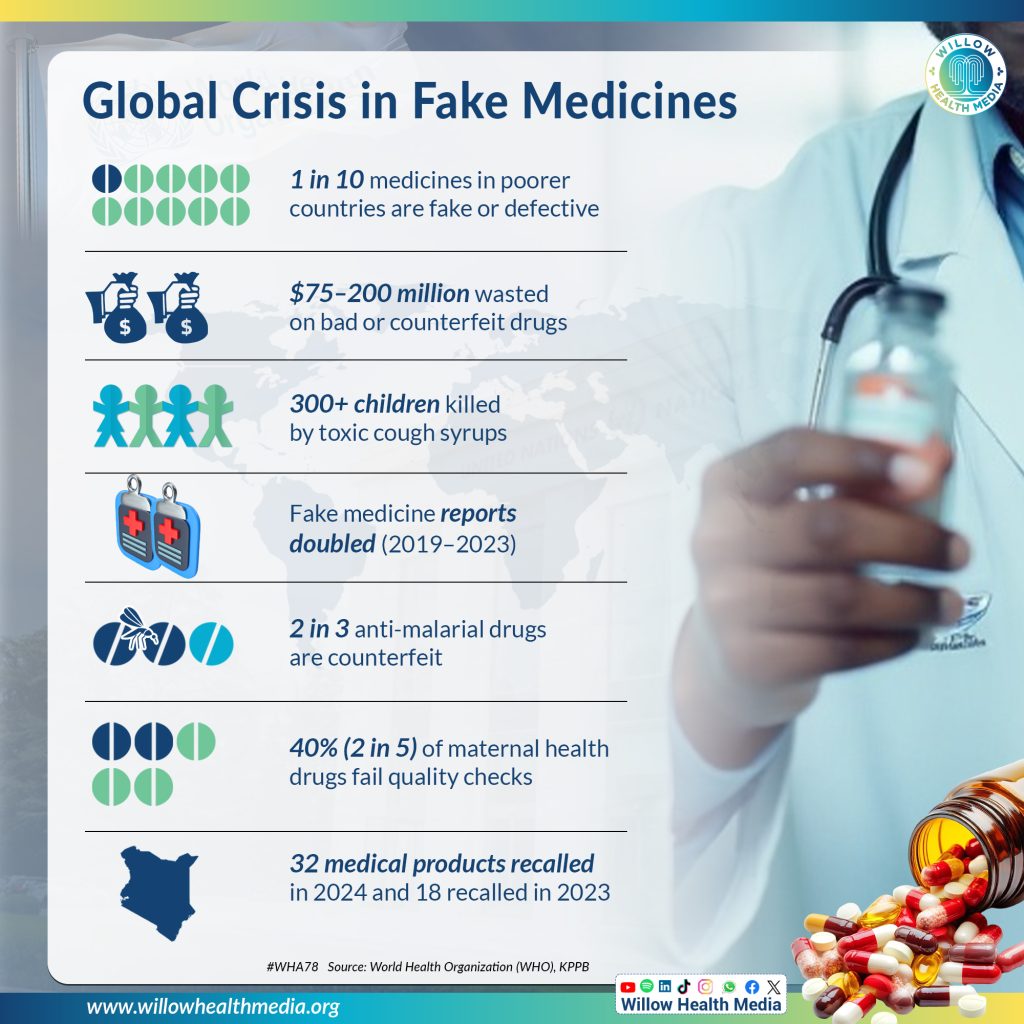
Fighting Back: Regulation, tech & community action
Nigeria’s multi-pronged approach has shown results: more than 11,000 shops shut down and sanctioned, 40 suspects arrested, and more than 140 truckloads of unregistered medicines destroyed through national, regional, and multilateral collaboration.
The country is pushing local manufacturing to reduce import dependence while enforcing pre- and post-shipment inspections. Technology offers solutions. Nigeria uses mobile apps where users scan QR codes on medicine packs to check manufacturing dates, expiry dates, and manufacturer registration details.
Cynthia Genolet, Deputy Director of Africa Engagement at the International Federation of Pharmaceutical Manufacturers & Associations, said “the use of digital technology is an easy to achieve solution.”
“Solutions include strengthening legislation and reinforcement of the importance of maintaining trust in the medical system,” Genolet said.
End-users should report suspicious operations while tech-savvy young professionals can lead community campaigns, develop open-source tools, and train peers in medicine authentication. Kuwana outlined requirements for real change: strong regulatory systems, transparent supply chains, international cooperation, vigilant enforcement, and partnerships across regulatory bodies, law enforcement, industry, and civil society.
Countries need faster detection, better cross-border coordination, and readiness for public health emergencies triggered by counterfeit medicines, plus strict surveillance and tracking systems.




